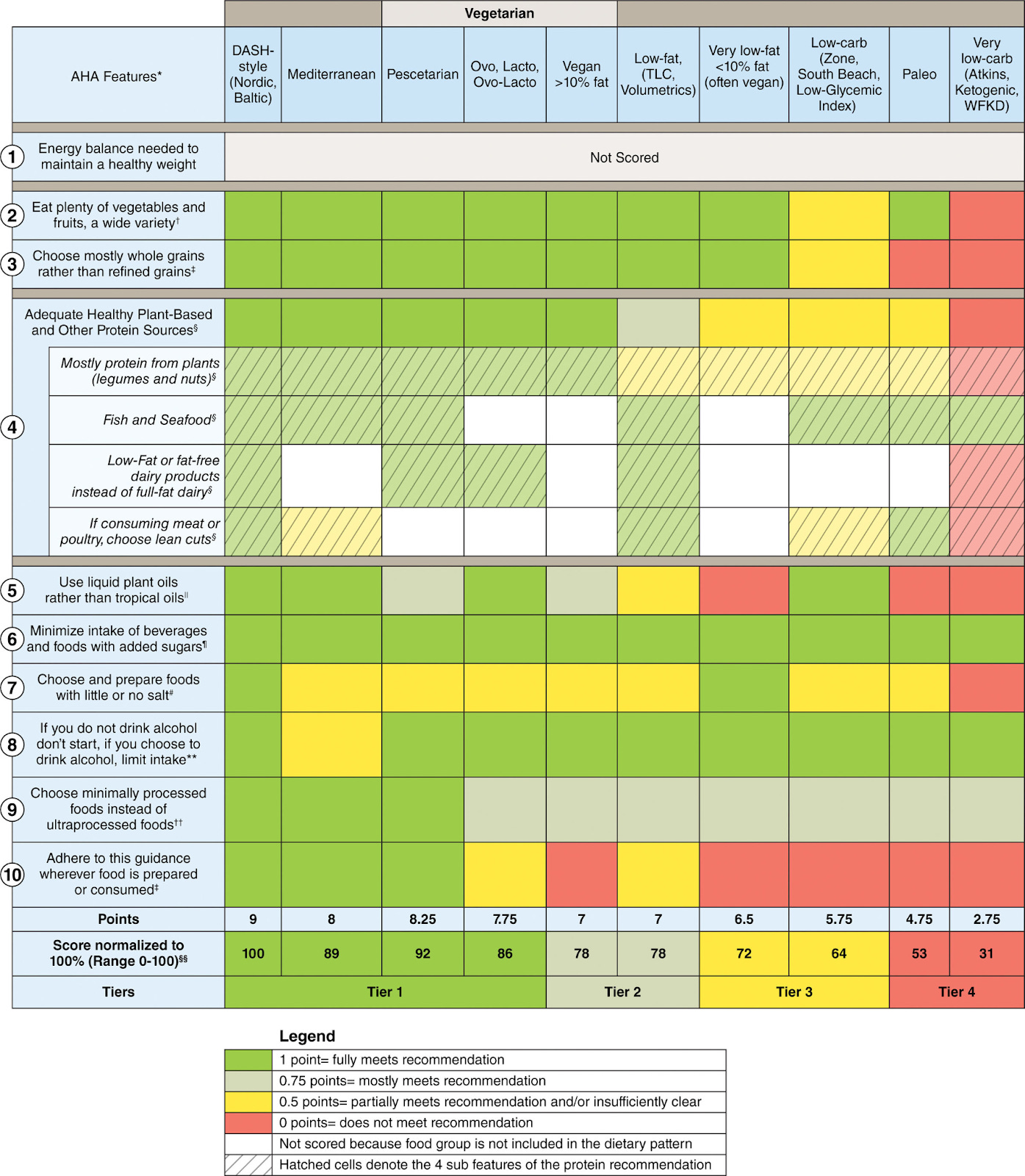Can the Recent Stanford Vegan vs. Omnivore Twin Study Inform Us about the “Optimal” Diet for Cardiometabolic Health?
More plant-based propaganda?
A recent study out of Stanford University led by Dr. Christopher Gardner randomized identical twins to a vegan diet or a healthy omnivorous diet for 8 weeks. The vegan diet group lost weight and improved their LDL cholesterol levels, but they also ate ~200 calories less per day — inciting debate into whether the results indicate plant-based superiority or are an artifact of a “flawed” study methodology.
The quest to determine whether plant-based diets surpass omnivorous diets in their heart healthfulness has been ongoing for decades, yielding inconclusive results despite dedicated research endeavors.
The throng of epidemiological evidence hasn’t helped either — one week “butter is back” and the next, red meat is giving us diabetes.
Both observational and clinical studies have suggested potential advantages associated with plant-based diets. These diets, including vegan and vegetarian variations, have shown links to lower risks of ischemic heart disease; reduced body weight and lowered ApoB levels; and a decreased risk of all-cause mortality, cancer, and cardiovascular disease.
The American Heart Association (AHA) has even ranked plant-based dietary patterns, such as lacto-ovo vegetarian, pescatarian, and vegan, among the healthiest choices aligning with optimal cardiovascular health guidelines. The top two diets, the Dietary Approaches to Stop Hypertension (DASH) and the Mediterranean diet, are widely recognized as plant-based as well. (Interesting side note: Dr. Christopher Gardner, the primary author of the soon-to-be-discussed study and self-proclaimed plant-based diet advocate was also the first author of the AHA Scientific Statement on popular dietary patterns).

However, observational studies have inherent limitations in establishing causation.
While individuals adhering to plant-based diets may exhibit better health outcomes than their meat-eating counterparts, attributing this solely to dietary choices is jumping the gun. Confounding variables, such as overall health consciousness, may contribute to the observed associations. For instance, individuals adopting vegan or vegetarian diets might also demonstrate positive health behaviors like not smoking, moderating alcohol intake, and regular exercise.
Conversely, most studies focusing on meat consumption rarely consider the type of meat, accompanying ingredients, and other behaviors associated with meat eaters, thus not capturing a comprehensive view of a "healthy" omnivorous diet.
Enter the nutrigenomics era
Recognizing these limitations, randomized controlled studies (RCTs) emerge as the gold standard for nutrition interventions. By assigning two groups to distinct diets for a predetermined period, researchers can observe and draw conclusions about the relative health benefits of each diet. However, even RCTs have their constraints.
Recent research underscores the critical role of gene-nutrient interactions — so-called nutrigenomics. Nutrigenomics posits that how our diet impacts us depends not only on the nutrients but also on how these nutrients interact with our genes.
These gene-nutrient interactions influence things like the microbiome and gene expression, thereby influencing our risk for diseases like obesity, diabetes, and cardiovascular disease.

To address genetic influences, the ideal scenario in research is to use a crossover study in which participants would complete both dietary interventions, often interspersed with a predetermined washout period.
The next best thing to a crossover trial is a study using identical twins, which offers a unique opportunity to control for both genetic and, in some cases, environmental factors.
The Stanford twin study
A recent randomized study from Stanford University used identical twins to study — in a unique way — the effects of two different diets on health.1
Using the Stanford Twin Registry, researchers recruited 17 female and 5 male identical twin pairs — 79% reported living with their twin, and 69% noted similarities with their twin, providing a robust foundation for isolating the effects of dietary interventions rather than genes or the environment. The participants, with an average age of 40, comprised 77% women and 23% men.



